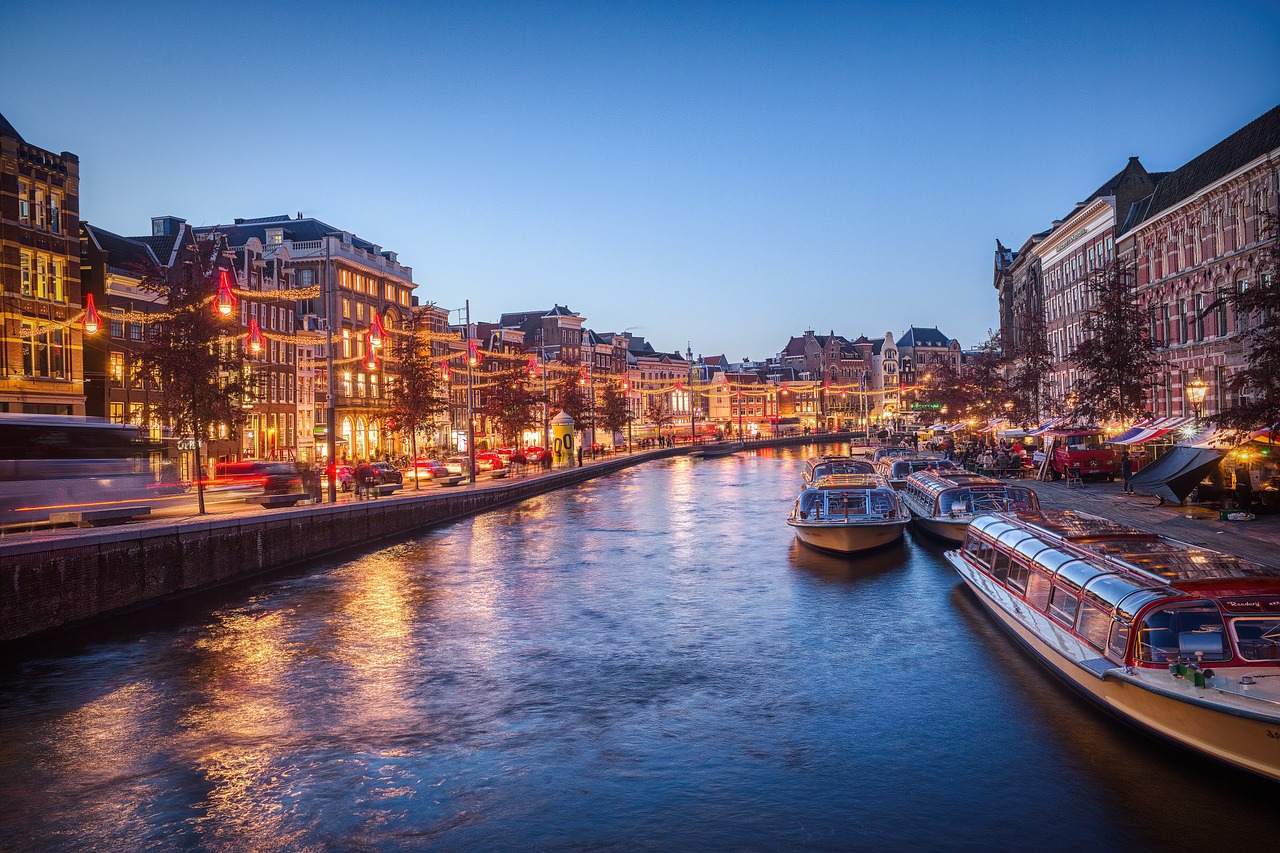
A ban on online gambling in the Netherlands could lead to almost half of at-risk players switching to illegal online casinos, according to a new survey.
The Online Gaming Barometer 2024, the annual survey of Dutch gambling published by industry association Netherlands Online Gambling Association (NOGA), found a decrease in at-risk players as a proportion of overall gamblers. However, it is argued that player protection could actually be weakened should the legal sector be impacted by proposals to increase taxes and further restrict games, such as online slots.
The survey, conducted by Ipsos, adjudged 39% of gamblers to be problem players in 2024 compared to 42% in 2023. Ipsos’ survey considered them problem players if they had lied about how much they had gambled or felt the urge to bet more.
Dutch gamblers could switch to illegal sites
When asked if they would switch to an illegal provider if their current legal provider was banned, some 47% of at-risk players agreed. Only 25% of that cohort disagreed. The number was at 37% among all players and 31% among no-risk players.
Within the at-risk group, 48% said they would switch provider if they had to show proof of income. 41% said they would switch to a different provider if they reached their monetary playing limit.
With channelisation at 95% − well above the target rate of 80% − NOGA warned that the survey results suggest a clampdown on the legal sector would simply drive established players to unlicensed sites. These operators do not pay gambling taxes and would not change their offering regardless of amendments to Dutch law.
“95% is a good percentage, but it also means that around 90,000 Dutch people still gamble at illegal casinos,” said Peter-Paul de Goeij , director at NOGA.
“It is important to reduce the illegal supply as far as possible. The upcoming stricter legislation is driving risk players in particular to illegal providers. Risk players are people who sometimes lie about their gambling behaviour or bet more money than they intended. These are players who deserve extra protection. Stricter measures may be counterproductive here.”
What else did the Dutch gambling survey find?
A total of 2,806 Dutch people aged 18 years and older were interviewed for the study. They were asked questions about topics such as awareness of the gambling market and participation. Other areas included advertising, channelisation and preventing gambling addiction.
According to the survey, one in six Dutch people (16%) gambled online last year. This increases the number of players for the second year in a row, with 13% and 11% in 2023 and 2022 respectively. As in previous years, the share of players is higher among young adults aged 18-34 (29%).
The NOGA survey found that tightened advertising rules appear to be having some effect. While almost three-quarters of Dutch people (72%) sometimes see advertising, this is down from 80% in 2022.
Despite two-thirds of players not knowing how to recognise an unlicensed provider, almost all say they play with a licensed provider.
Of some measures to protect players (both old and potentially new), a monthly playing limit per person is the most trusted and the least trusted is a self-imposed ‘gambling freeze’.
Recommendations to improve Dutch gambling policy
Following the survey, Ipsos made two recommendations to enhance Dutch gambling policy. Firstly, identifying potentially risky gaming behaviour to prevent addiction. Secondly, taking a critical look at the online advertising activities of gambling providers.
“According to the Dutch, the responsibility for identifying risk players lies with the providers,” said Ipsos. “Therefore, take this role and the additional duty of care seriously. Try to identify preventive risk behaviour. Identify the group of risk players and intervene in a timely manner to prevent actual gambling addiction.”
On advertising, Ipsos said: “It could be that some providers do not fully comply with the rules. Therefore, be careful that affiliated providers comply with online advertising regulations, otherwise further tightening may follow.”
The survey comes in the midst of industry concern over increasing regulation and the potential effect it is having on black market interest.
Earlier this month, a coalition agreement proposed an increase of the gambling tax to 37.8% from the current 30.5%. The change would provide the state treasury with an additional €202m (£173.3m/$219.6m) in tax. NOGA responded with its concerns that such alterations could drive operators towards the black market.
The proposed tax rise follows a vote earlier this year by the house of representatives to ban “high-risk” gambling, including online slots. The Netherlands minister for legal protection Franc Weerwind will now review and make a decision on whether to approve the law change.
The house also voted to ban online gambling advertising, with untargeted advertising already banned following a law change in 2023.